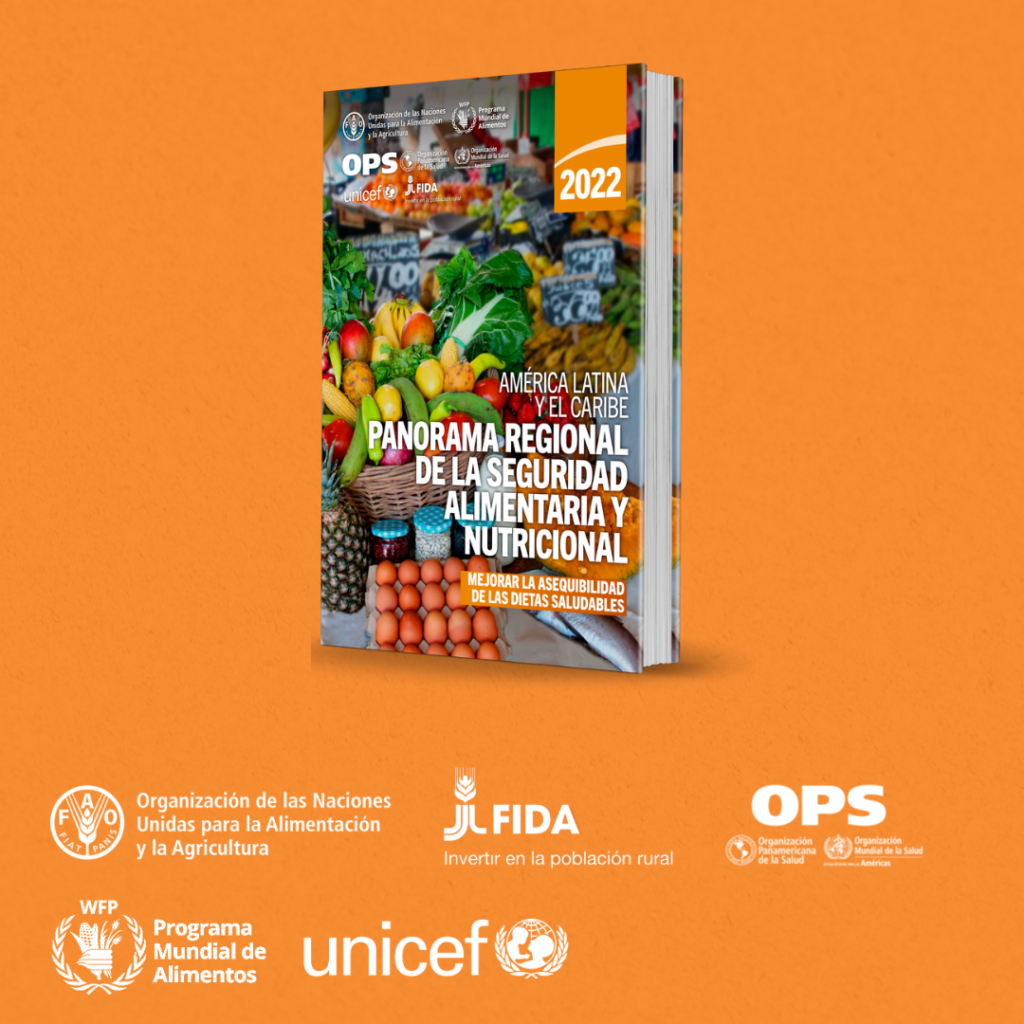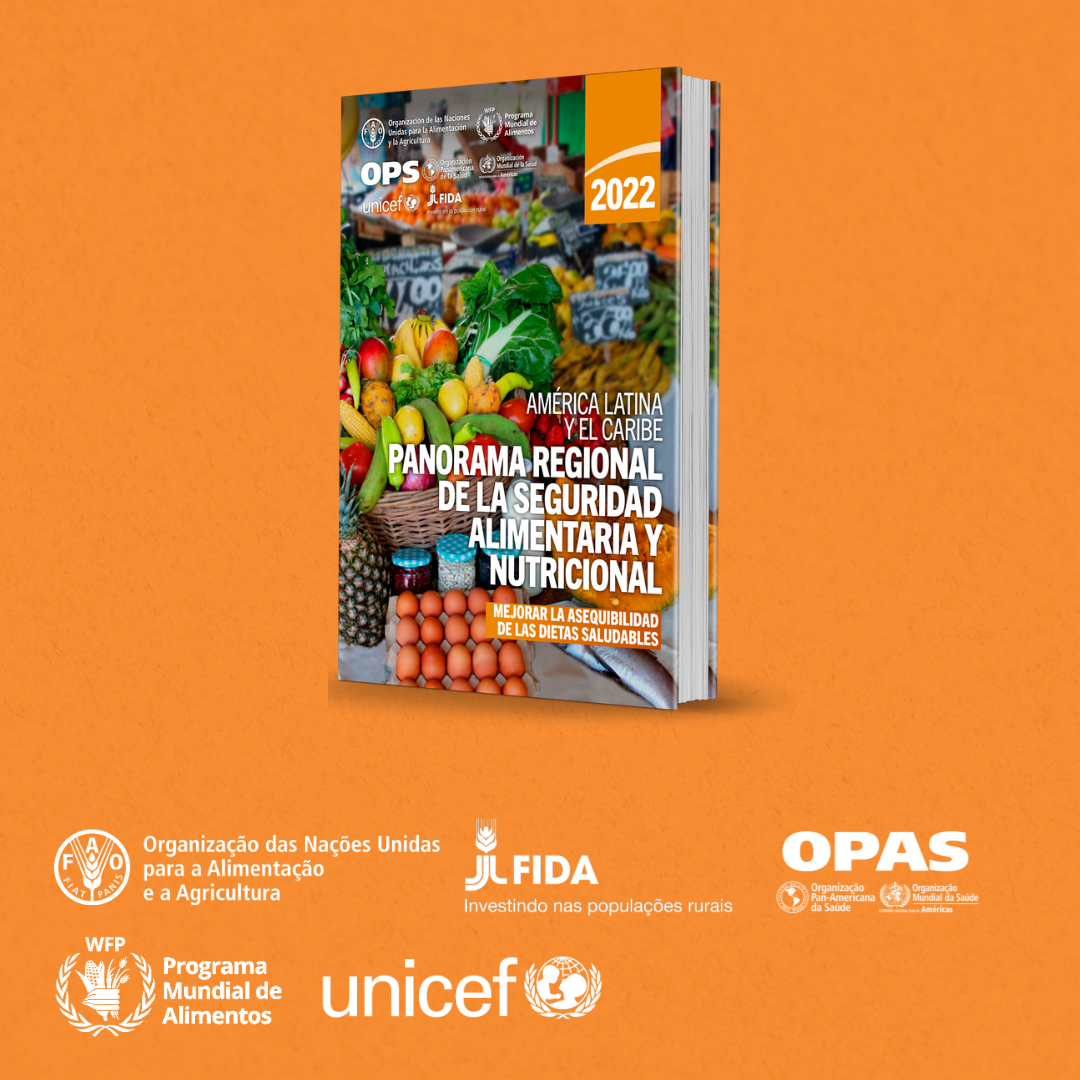The RAES Network, created by the Brazilian Government in 2018, is a cooperation tool that seeks to deepen the dialogue on school feeding in Latin America and the Caribbean
Brasília, January 24, 2023 – The Sustainable School Feeding Network (RAES) was highlighted in the Regional Overview of Food and Nutritional Security in Latin America report, released last week, as “an example of international cooperation” carried out in the region.
The RAES Network was created in 2018 by the Brazilian Cooperation Agency of the Ministry of Foreign Affairs (ABC/MRE) and by the National Fund for Educational Development (FNDE/MEC), with support from the Food and Agriculture Organization of the United Nations (FAO). The Regional Overview highlights RAES’ activities in the region, which already has the support of 21 countries, in the organization of training courses and exchange of experiences, in addition to providing technical assistance to governments on various topics related to school feeding programmes.
“By 2021, the methodology of sustainable schools has been implemented in 15 countries, 536 municipalities and 23,385 schools, benefiting around 1,668,739 students and more than 9,356 family farmers, who provide local products”, says an excerpt from the publication referring to the Sustainable Schools methodology, created and implemented under the Brazil-FAO International Cooperation since 2009 in the region.
The Regional Overview is a joint publication of FAO, the International Fund for Agricultural Development (IFAD); the Pan American Health Organization/World Health Organization (PAHO/WHO); the United Nations Children’s Fund (UNICEF) and the World Food Program (WFP), and provides an annual update on the situation of food and nutrition security in Latin America and the Caribbean.

School feeding policy for food security
The publication presents data and analyzes the effects of the pandemic and other crises on food insecurity and food prices. It also shows national policies that have increased access to nutritious food and improved food and nutrition security.
The school feeding policy is highlighted in the document for serving around 78 million students in the region, offering nutritious food, in many cases produced locally by family farmers. “School feeding programmes have traditionally been associated with benefits for health, nutrition and education”, indicates the regional publication.
The component of public purchases from family farming is cited for its importance in including nutritious foods in school menus. Currently, several countries in Latin America are applying measures to include purchases from family farmers in school feeding programmes. These actions have contributed to local development and the promotion of healthy eating.
“Predictable demand from schools and other public institutions can improve the livelihoods of farmers as well as the community at large. It can also improve the access of students and other consumers to healthy food and promote more sustainable food systems”, says the document, which also highlights the potential of the school feeding policy to “reduce rural poverty by stimulating the development of markets, provide regular food and a reliable source of income for family farmers and help them overcome barriers to improving their productivity. For example, since 2009, Brazilian municipalities must, by law, buy at least 30% of products from family farming to feed their students”.



